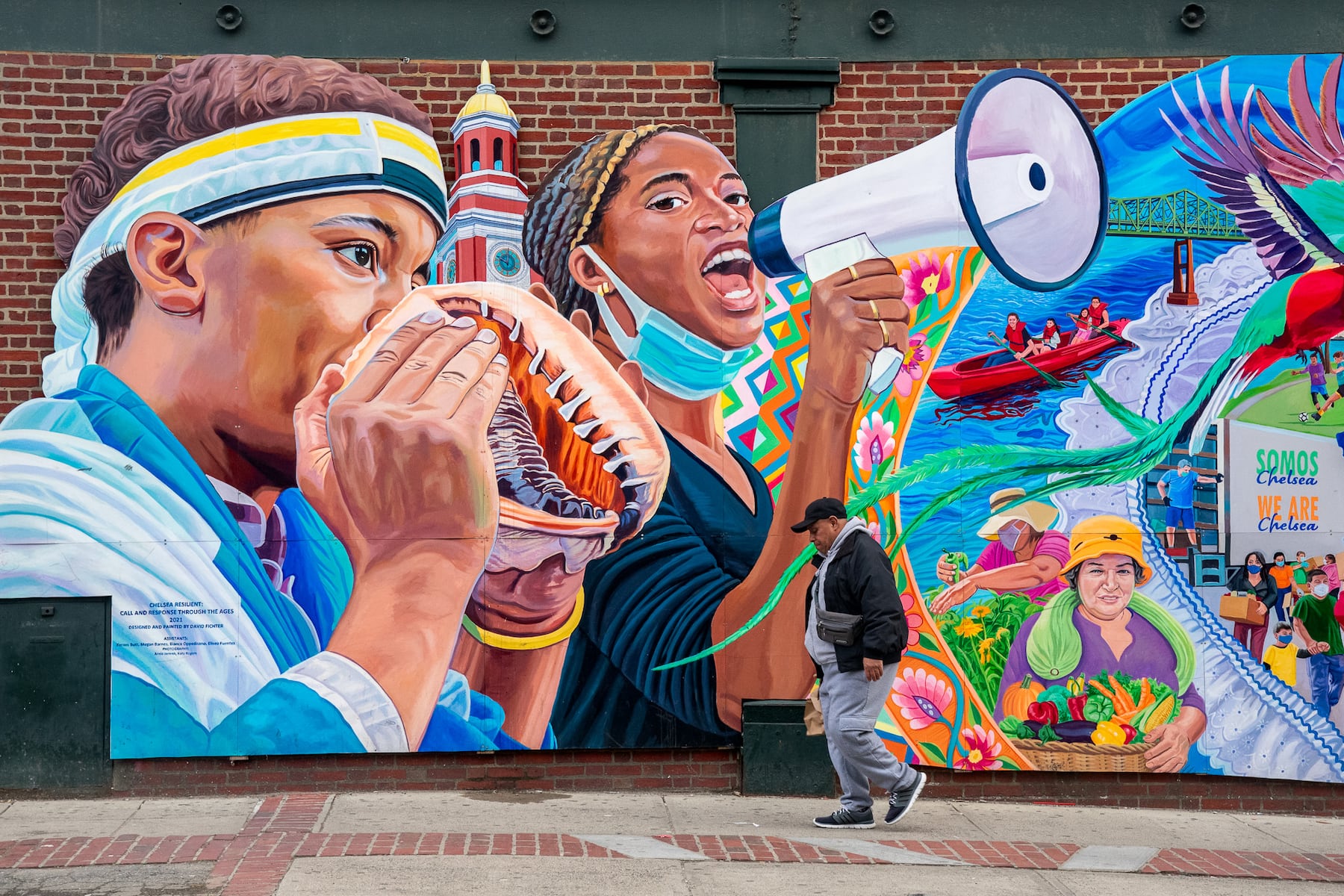UPDATE: Chelsea and Somerville have urgently requested a federal judge to halt the government’s withholding of millions in grants due to their immigration policies. The cities filed their motion on October 26, 2023, claiming that the federal funding cuts pose a severe threat to essential municipal services.
Lawyers for both cities argued in court that withholding funds would cause irreparable harm to critical services such as roads, schools, and public safety. “The harm that would come if the cuts actually go into place is enormous,” said Oren Sellstrom, Litigation Director for Lawyers for Civil Rights, representing the cities. He described the situation as a “gun to the head,” aimed particularly at smaller jurisdictions.
The lawsuit, initiated in February, contends that federal funding should not be contingent upon local cooperation with immigration enforcement. Both Chelsea and Somerville have enacted laws limiting police inquiries into a person’s immigration status, protecting residents from federal deportation efforts. While these “sanctuary” policies do not obstruct local police from assisting in serious public safety matters, they have drawn the ire of the federal administration.
Recently, President Donald Trump issued orders for a review of grants to sanctuary jurisdictions, resulting in the cancellation of a $4 million grant to Somerville for road safety improvements. The ruling could trigger further funding cuts that threaten local budgets. As of the latest hearing, Chelsea is at risk of losing approximately $8.5 million from its 2025 budget, which supports police, social services, and educational programs. Meanwhile, Somerville relies on about $19.4 million in federal funds, crucial for its public schools and community services.
During the court proceedings, Chelsea City Manager Fidel Maltez voiced concerns that federal funding was “being unlawfully held hostage,” emphasizing the impact on community safety. “They want to force us to make Chelsea and Somerville less safe by diverting our local police from protecting our neighborhoods,” he stated.
Conversely, federal attorney Elisabeth Neyland defended the government’s actions, asserting that agencies have the authority to impose conditions on funding based on compliance with immigration laws. “Jurisdictions that issue driver’s licenses to illegal aliens undermine the safety and security of the transportation system,” she claimed.
Judge Nathaniel Gorton is currently considering both sides of the argument and is expected to deliver a decision soon. This case has significant implications not just for Chelsea and Somerville, but for other sanctuary cities nationwide, as they grapple with the potential loss of vital federal support.
As developments unfold, residents and stakeholders are urged to monitor the situation closely. The outcome of this case could reshape the funding landscape for cities that prioritize immigrant protections.





































































